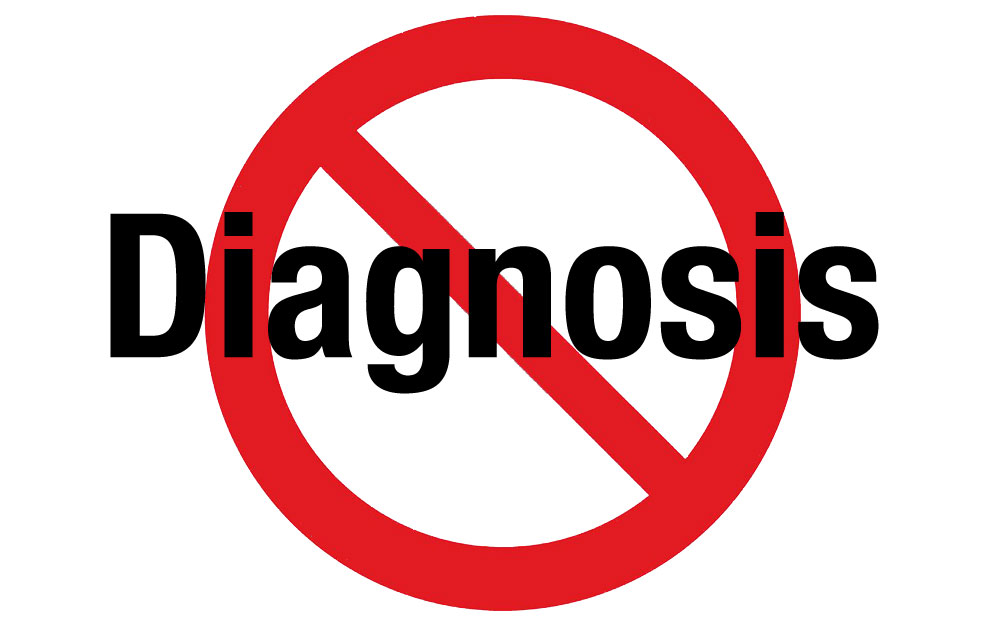A recent BPDVideoBlog posting looked into the issue that some mental health providers choose not to inform a patient that they meet the diagnostic criteria for Borderline Personality Disorder.
Several questionable rationales that have been offered in support of this practice include: fear of overwhelming the patient; exposing patients to the burdensome stigma of BPD; adolescent patients are not emotionally mature enough to handle it; the diagnosis might trigger self-harming or suicidal behaviors in some patients.
But shouldn’t the issue actually be that without the correct diagnosis how can people who have BPD get appropriate treatment?
Although the onset of BPD frequently starts to show up in a person’s teen years, many people are diagnosed when they are adults and their symptoms have become more severe. The delay in diagnosis wastes the opportunity to confront the disorder earlier, when the young person’s brain is more flexible. Here is a clip from our documentary series on BPD, A Guide To Borderline Personality Disorder.
“DIAGNOSING BORDERLINE PERSONALITY DISORDER”
The purpose of getting a diagnosis for any health condition is to determine what the appropriate treatment might be. Several effective treatments for BPD have been developed in recent years. These include Dialectical Behavior Therapy (DBT), Mentalization-Based Therapy (MBT), Transference Focussed Psychotherapy (TFP) as well as General Psychiatric Management (GPM). Despite these advances it can still be challenging to find mental health providers who treat BPD.
Marsha Linehan, the psychologist who developed DBT, might frame this as “That’s the bad news… here’s good news”:
- Hundreds of therapists have been certified to practice DBT through Linehan’s training company, Behavioral Technology. Their website includes a directory of DBT providers that can be located using a searchable database. Most are based in North America, although some are located in Europe and on other continents.
- You can also find mental health providers who treat people with BPD through the online publication Psychology Today. They have a searchable international database of therapists by location and find those who list Borderline Personality Disorder as a condition they treat.
- The National Health Service in the UK offers DBT and other forms of talk therapy, but the wait time to book an appointment can be months long.
- Outside of the NHS, the charitable organization Counseling Directory provides links to private therapists in the UK who treat BPD through a searchable database. (select borderline personality disorder)
- In Australia, the National Education Alliance for Borderline Personality Disorder provides a listing of treatment resources on their website.
- Similarly, the Australia Psychological Society maintains a searchable database of therapists who treat BPD.
- Finally, if you live in the US and are looking for a mental health provider experienced in treating BPD, there are many community-based clinics you can find in or near where you live. The US Substance Abuse and Mental Health Services Administration, or SAMSHA, has a geographical database of community clinics and hospitals.
For more information regarding the diagnosis and treatment of BPD you can find additional resources on our BPDVideo,com website.
Signup for BPD Updates
[wpforms id=”27400″ title=”false” description=“false”]



